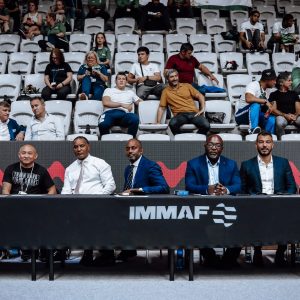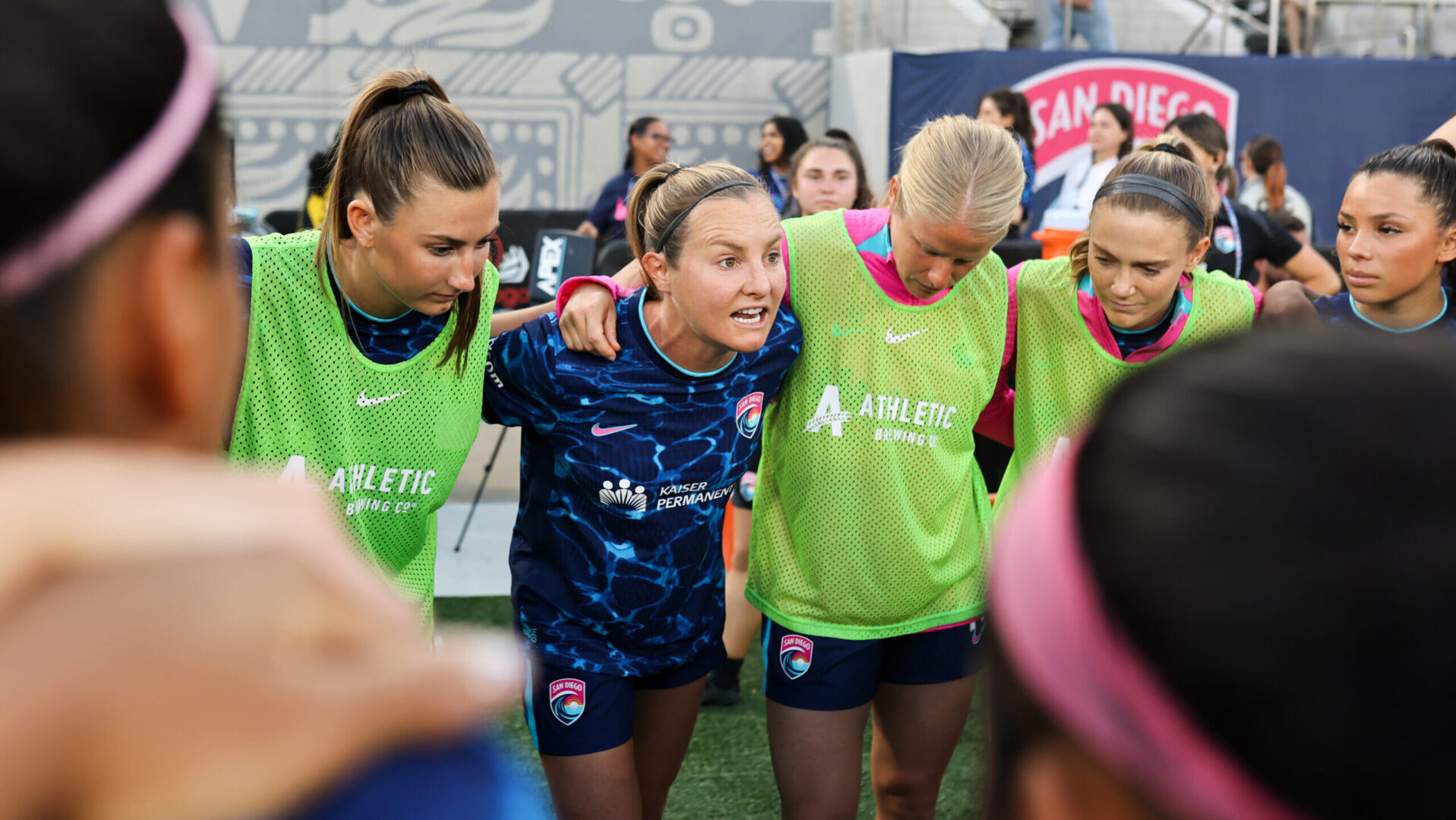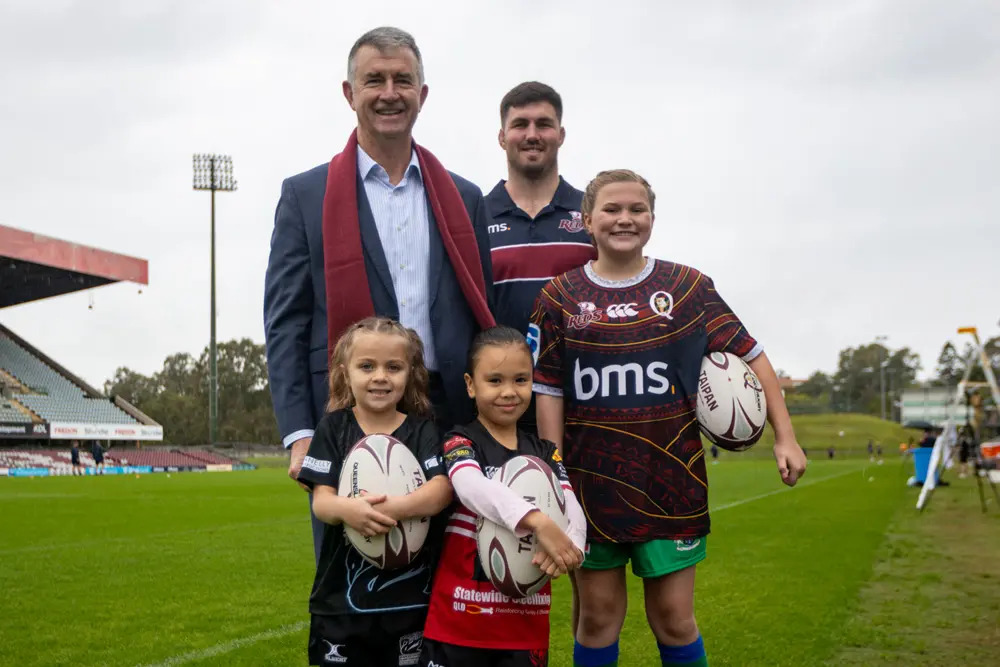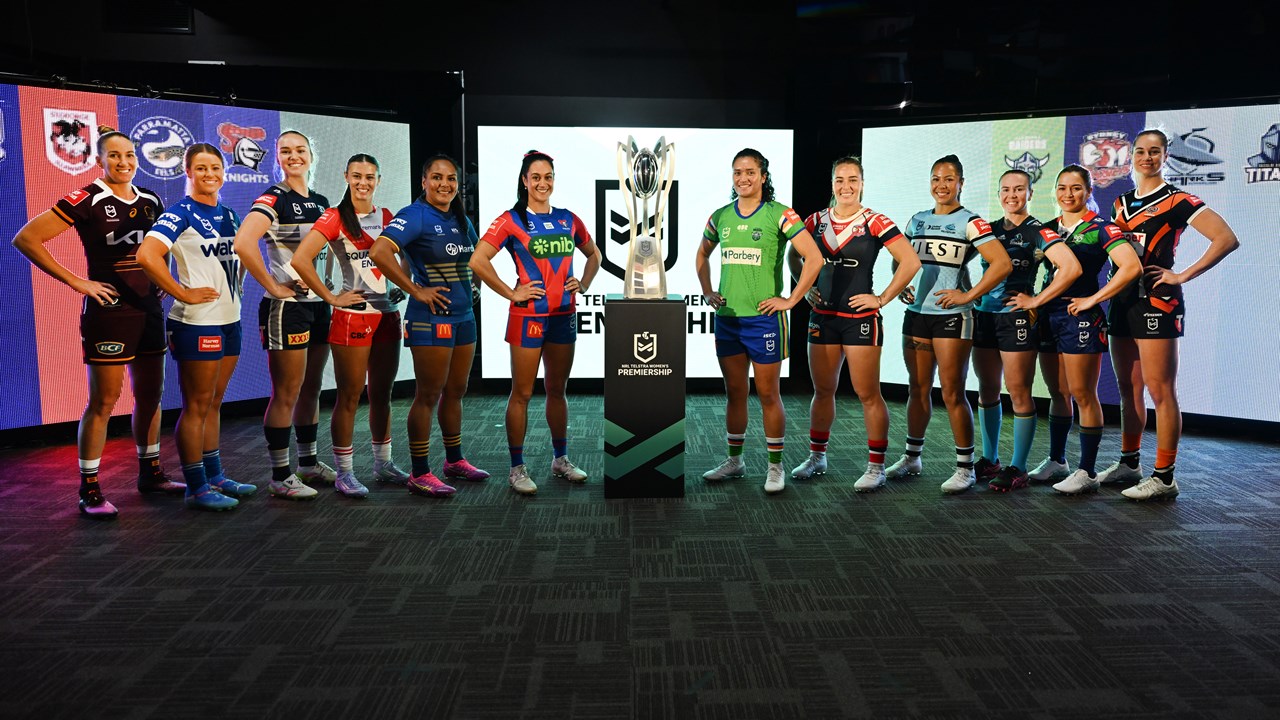[mkdf_dropcaps type=”normal” color=”#f55549″ background_color=””]I[/mkdf_dropcaps]
n an interview with Ministry of Sport, International Mixed Martial Arts Federation (IMMAF) CEO, Densign White, discussed the challenges of becoming a recognised International Olympic Committee (IOC) international sports federation.
Since founding in 2010, White explained how the IMMAF has applied and been rejected for Olympic recognition three times since 2016, despite, according to White, fulfilling the requirements for recognition.
“We’ve been in the process of Olympic recognition for five years, we first made the application to an organisation called the Global Association of International Sports Federations (GAISF), which is an umbrella organisation of Olympic and non-Olympic sports,” White told Ministry of Sport.
“They are kind of a gatekeeper to the IOC recognition, so you first have to go through GAISF before you can get to the IOC.
“We’ve applied three times the past five years and we last got rejected last June, which was very disappointing because we’ve done a lot of work on governance, a lot of work developing the organisation.
“We’ve got a world-class competition schedule, including World Championships annually, we do five or six Continental Championships every year, we started the World Youth Championships and World Junior Championships, but in addition to that, we do a lot of coach, referee and judge education, which is critically important for the sport and the safety and wellbeing of the athletes.
“We believe we’re one of the most transparent international federations, we’re democratic, we have annual general assemblies, we have an elected board, we’ve got a number of different commissions in some priority areas, we do drug testing at all of our events, we have a gold standard in medical protocols for our athletes.
“We do pre-fight medicals, post-fight medicals, every athlete who is TKO’d or knocked out has to go through a brain scan.
“I don’t know any other combat sports or any other sports in general that has the gold standard of medical support for athletes that we do.
“The other thing to say about the youth events we do which is 12-17 years of age, we put them into three age categories, but the key thing about that, which is ground-breaking, is that there are no headshots allowed for under 18 competitions.
“The rules are different, sometimes we get thrown in with what people see online in the professional promotions and the perception MMA is brutal, violent, and too bloody.
“Some of the things people that we are relying on to give us the recognition say is that it doesn’t meet Olympic values, which we strongly say it does meet Olympic values.
“We have something called the unified amateur rules, where athletes are really protected, there’s no use of elbows or knees, the rounds are shorter, they wear protective equipment, the gloves are heavier, so you see fewer cuts and knockouts, and they wear shin guards as well.
“We want the amateurs to stay amateur for as long as possible and we don’t want them to get damaged before they move onto the professional ranks, so we do everything to protect the athletes.
“It’s an educational journey we’re on with the people we need to convince, its an ongoing process,” he said.
Discussing the pre-requisite targets needed to receive Olympic recognition as an international sports federation, White said the IMMAF has met all of the targets.
“There are quite a few governance targets that have to be met,” White said.
“You have to be a democratic organisation, you have to show you have had a few years of general assemblies, you have to show that you have a three-year development program, you have to show you have an anti-doping program, previously you had to be a signatory of WADA.
“We meet them all and one of the other key difficult ones for sports that are not recognised is you have to have 40 recognised federations, and they defined recognised as recognised by Olympic Committee or by a sports ministry.
“We have that now, we have 49 of our 120 member federations recognised by that definition, and that’s the most difficult to meet as some of our member federations can’t get recognised because we’re not recognised.
“It’s kind of a chicken and egg situation, but we’ve managed to get past that, and we’ve got that critical mass of members.
“You have to have representation in all the continental regions, which we do have.
“We feel we meet all the criteria, we’ve got a good level of governance, we’ve just completed our WADA application, the governance questionnaire and we scored really highly on that.
“As far as I’m concerned, we’re good to go,” he said.
When asked about the commercial challenges for an international sports federation not yet recognised by the IOC, White pointed to the support of the UFC from the beginning as crucial.
“We’ve been fortunate that we’ve had support from the UFC from the very outset,” White told Ministry of Sport.
“When the idea of forming an international federation, ten years ago, came about, two of our current directors went to meet with the UFC saying, ‘this is our idea’, forming a movement that can regulate and support the sport, and the UFC bought into that idea and have been a big sponsor ever since.
“Without that support, we probably wouldn’t still be around because we haven’t attracted many other big sponsors to be honest in the ten years since IMMAF was formed.
“It hasn’t been easy, a lot of the events we do we finance ourselves from the participation fees from the entries.
“We’re getting to the point now where we can break even on the cost of putting those events on, but it would be nice to get what some of the other sports have, with a big company to come in and support the events.
“It’s still early days for us, we’re still building our content, our brand and we do a good job getting content out, we’ve created our own IMMAF TV, all our events are streamed live, and what we are starting to do is get hosting rights fees for putting IMMAF events on.
“We recently did a deal with Kazakhstan, we were in Bahrain for three years supported by the Olympic Committee there and the royal family, and we’ve been in discussions with other governments with putting IMMAF events on.
“We’re not getting commercial sponsorship, which probably would come if we were a recognised sport with the credibility, where you’re not seen as this outlaw, underground thing that lots of bad people are attracted to, and that’s kind of the image MMA has had, and it’s far different from that.
“It’s not what it was 30 years ago when MMA first came on the scene, things have moved on a lot since then.
“A lot of what we’re doing is about educating people,” he said.







